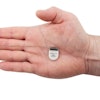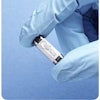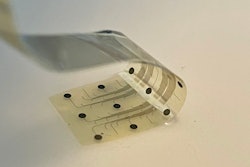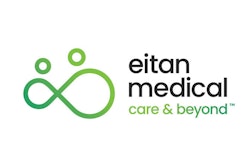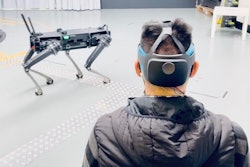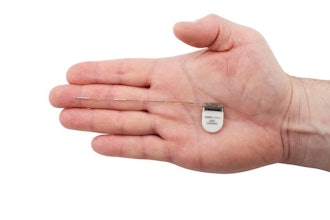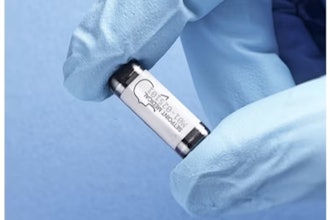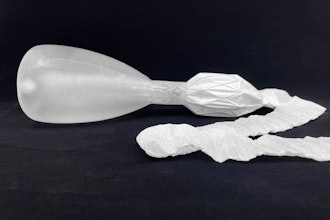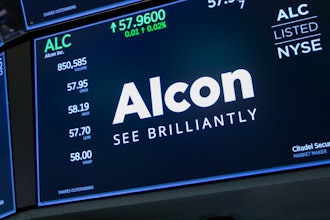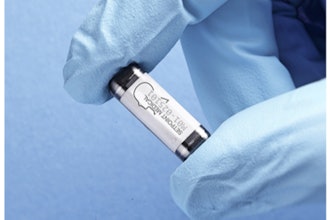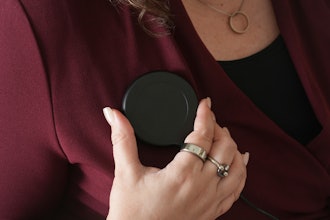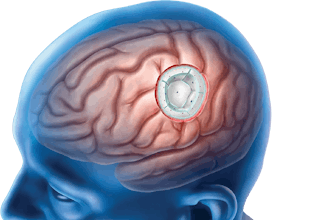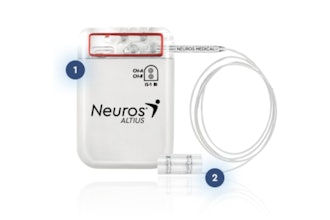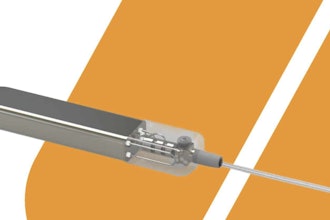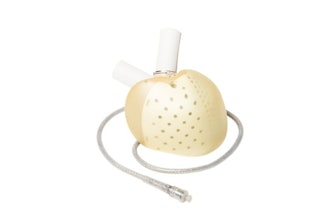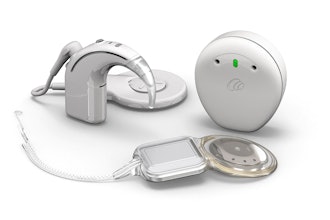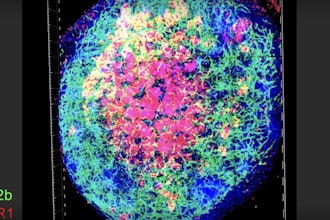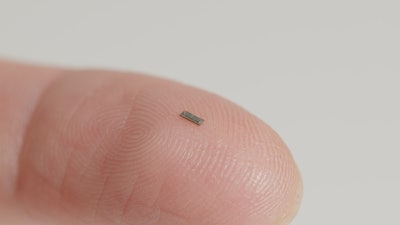
Injectsense, a sensor-enabled digital health company, and sister company Injectpower, a developer of ultra-miniature solid-state microbatteries for medical applications, today announced combined funding of $9.4 million to bring highly integrated autonomous implantable devices – smaller than a grain of rice -- to production.
The implantable sensors, which monitor key indicators over decades, offer a disruptive capability at a time when most diagnostic tools are a mere static snapshot. Physiological markers are typically dynamic and vary widely over a 24-hour period. Such is the case with glaucoma, where intraocular pressure (IOP) is measured in the doctor's office during daylight hours. Injectsense sensors measure IOP continuously, even during sleep, when pressure can spike significantly and cause vision loss over the long term.
The funds will serve to further consolidate the two companies' combined global supply infrastructure to create an advanced medical device cluster for implantables based in France. The cluster will streamline business opportunities, enable improved supply chain management, and support Injectsense's February 2024 first-in-human studies for sensors that continuously measure intraocular pressure (IOP).
Injectsense already produces hundreds of prototype devices and is ramping up to thousands in 2024. Besides IOP sensors, it is also producing sensors for intracranial pressure (ICP) measurement and is building a path to cardiovascular pressure monitoring applications.
The funding consists of a $2.5 million bridge investment from private investors for Injectsense as it moves into clinical IOP studies and final product development incorporating rigorous quality management systems. The funding also includes €6.5 million ($7 million) for Injectpower, which is readying its energy-dense, solid-state lithium-ion technology for transfer to production.
Injectsense has provided sensors to Johns Hopkins University's Wilmer Eye Institute for animal testing under the guidance of Dr. Thomas Johnson III, M.D. The Institute is currently completing its study. The company used recent funding from the NIH for the latest iteration of its sensor. This version will be used for first-in-human studies by Dr. Juan Jose Mura in Santiago, Chile. The study will be conducted over months, with data available in late spring (and earlier for Injectsense's ophthalmic device partner), with the aim of collecting long-term safety and clinical data.
The study will allow Injectsense to finalize its product development under its quality system for ramp-up to clinical studies in 2025. The Injectsense board of medical advisors, including glaucoma specialists from leading medical institutions, actively contribute on design considerations and in particular safety aspects of the in-office delivery and self-anchoring procedure. The final product, iOP-Connect™, will offer continuous and autonomous long-term measurement of IOP 24/7 over decades, with weekly recharging and data uploads. The iOP-Connect data analysis software will identify clinically actionable information based on parameters specified by the physician.


